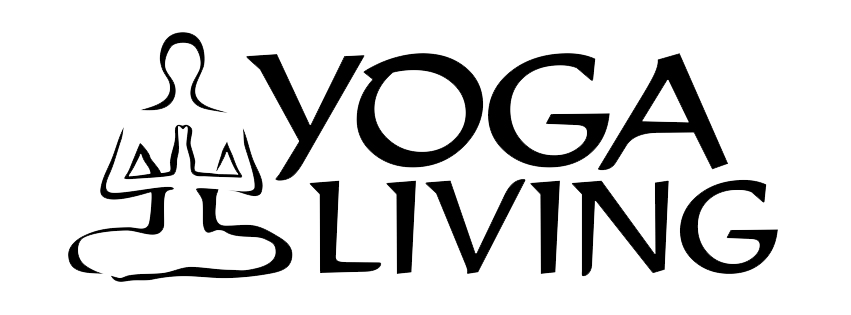Humility is a way of being and a quality within us that affects how we move through our days and how we relate to the world around us. Humility is about being humble, or modest, and not too proud or arrogant. Humility often accompanies respect and being courteous to others. Those that embrace humility tend to be more grounded, sensible, more self-aware, and emotional stable.
There are cultures where humility seems to be more innate because it is modeled within their homes and their families from birth. For example, in Buddhism, it is believed that in order for one to obtain spiritual liberation, they must be humble, with less regard for themselves and a higher regard for others. Buddhists create themselves as open to learn, like an empty bowl willing to be filled with knowledge from others. But we don’t have to relocate to another culture or change religions to practice and embrace humility.
Do you consider yourself to be a humble person? Do you notice both humility and lack of in others? Whether or not humility was modeled for you growing up, where did you learn it? Did you learn humility from books or television? When I think back to my earlier lessons on humility, I credit Little House on the Prairie. Nellie Oleson and her mother lacked humility, and the Ingalls family taught it to their family and all of us that watched. Later, I learned about being humble and modest from studying the Bible. As an adult, my understanding of humility grew from traveling abroad and studying other cultures and religions. And, let’s not discredit life’s lessons on humility-our own experiences and encounters, those both humbling and not.
I’ve learned a lot about humility on my yoga mat, both as a student and as a teacher. If you practice yoga, most likely in the beginning as a new student, you were unsure how and when to breathe, or how to enter or hold a pose, or how to be in the practice of yoga and not the achievement of it. Perhaps, the most challenging part of your practice was calming the mind, but over time, you gained experience and developed an inner listening, confidence and wisdom. If you showed up to my yoga classes, willing to learn with your ego checked at the door, then you were cultivating humility. When you followed my instruction, accepted my assists, and allowed yourself to get a little uncomfortable, you were cultivating humility. Humility is focusing on progress and not perfection.
Do we ever stop learning how to humble ourselves? I don’t think so. When we place ourselves in unfamiliar situations, or when we open ourselves up to learning something new, we cultivate humility. Recently, my husband and I have taken up bocce and have joined friends on a bocce team at our club. I was humbled rather quickly when I realized it wasn’t as easy as just tossing a wooden ball onto a court. We observed and learned, and we emphasized having fun and not just winning.
I feel that life itself is one opportunity after the next to continue learning, improving and transforming. Do you or can you view life as your continual teacher? Do you or can you allow yourself to make mistakes and to correct them? Do you or can you accept your imperfections, allow yourself to be a work in progress, and along the way, celebrate your successes, no matter how small they might be? Do you or can you shift your perspective to see yourself and those around you with more gratitude or more abundantly? Have you noticed when you put all these things into practice that one of the benefits or byproducts is peace and joy? And finally, have you been practicing humility on your yoga mat?
I hope you continue to strengthen and stretch your humility muscle, both on and off your yoga mat. I hope that your yoga practice helps you feel more grounded and more aligned with your greater intentions, and that you become more mindfully present and self-aware. And, as you witness your own humility, I hope that joy finds you. It is my wish that both humility and joy follow you off your mat and reaches all those around you, as you live your yoga practice.
Namaste,
MaryBeth
